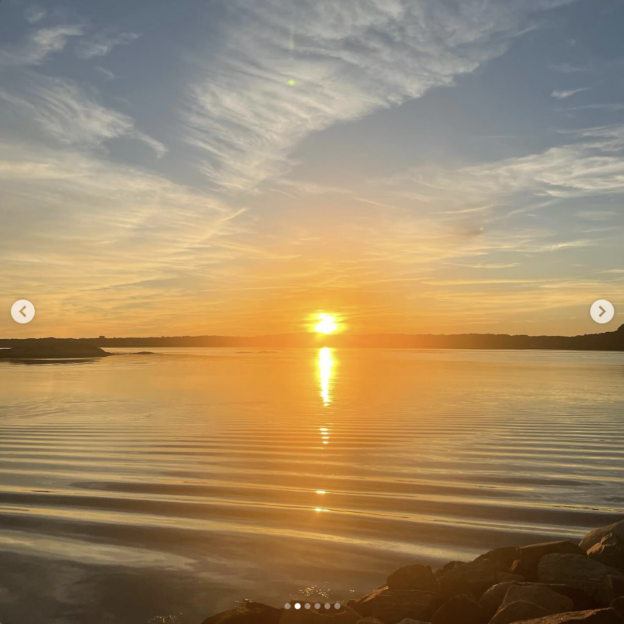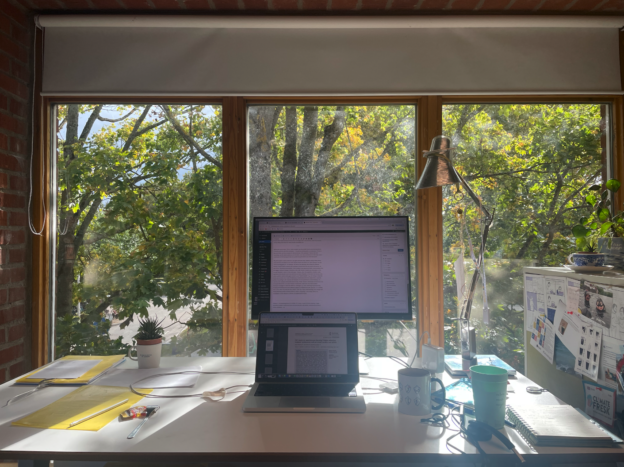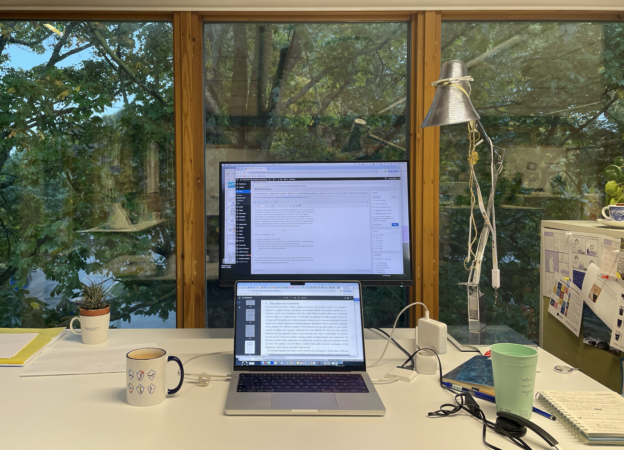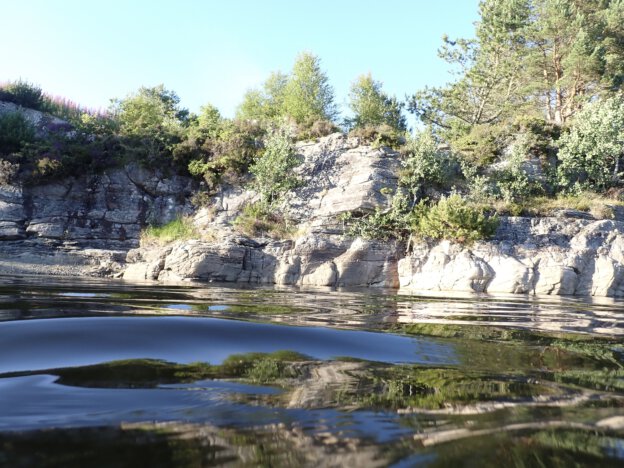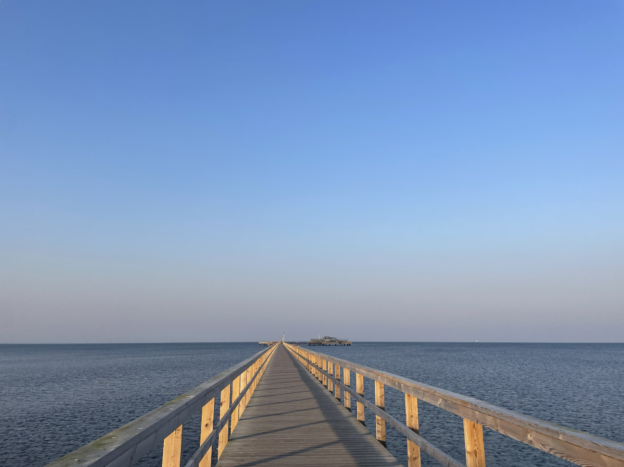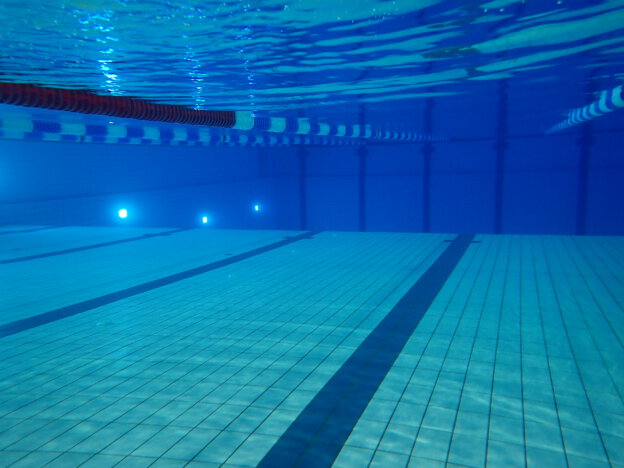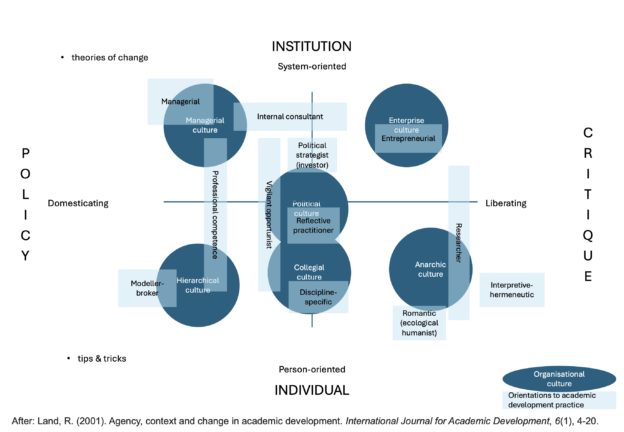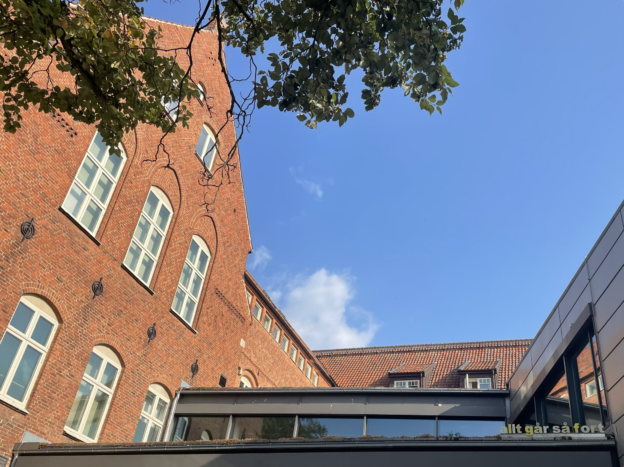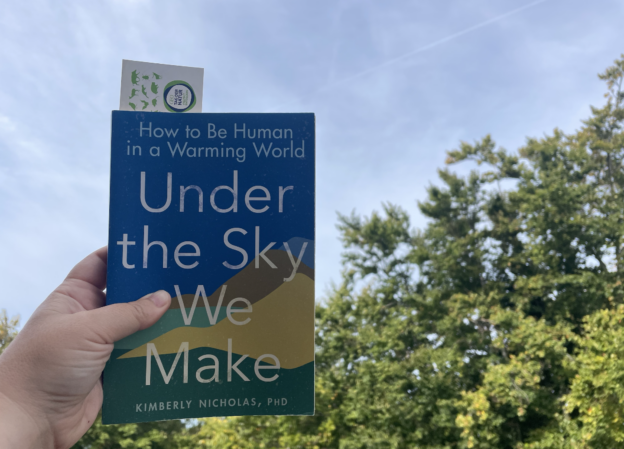The more I am reading about activism, the more I become aware of how my thinking is constrained by the images that I have accepted as ways to simplify a complex world. For example, the pyramid view of society with some king/head of state/CEO at the top, supported by a small elite of sorts, supported by a large mass of ordinary people makes change only possible if, somehow, the elite and head are reached and convinced to change (or violently exchanged, but I prefer the non-violent way). But the pyramid is really only an image, one very simplified representation of reality of many, and seeing the world this way mostly serves to keep things the way they are since challenging them, in this image, seems impossible. Whereas if you think about the upside-down pyramid supported by pillars (as suggested already in the readings last time), suddenly many opportunities open up!
Continue reading →
